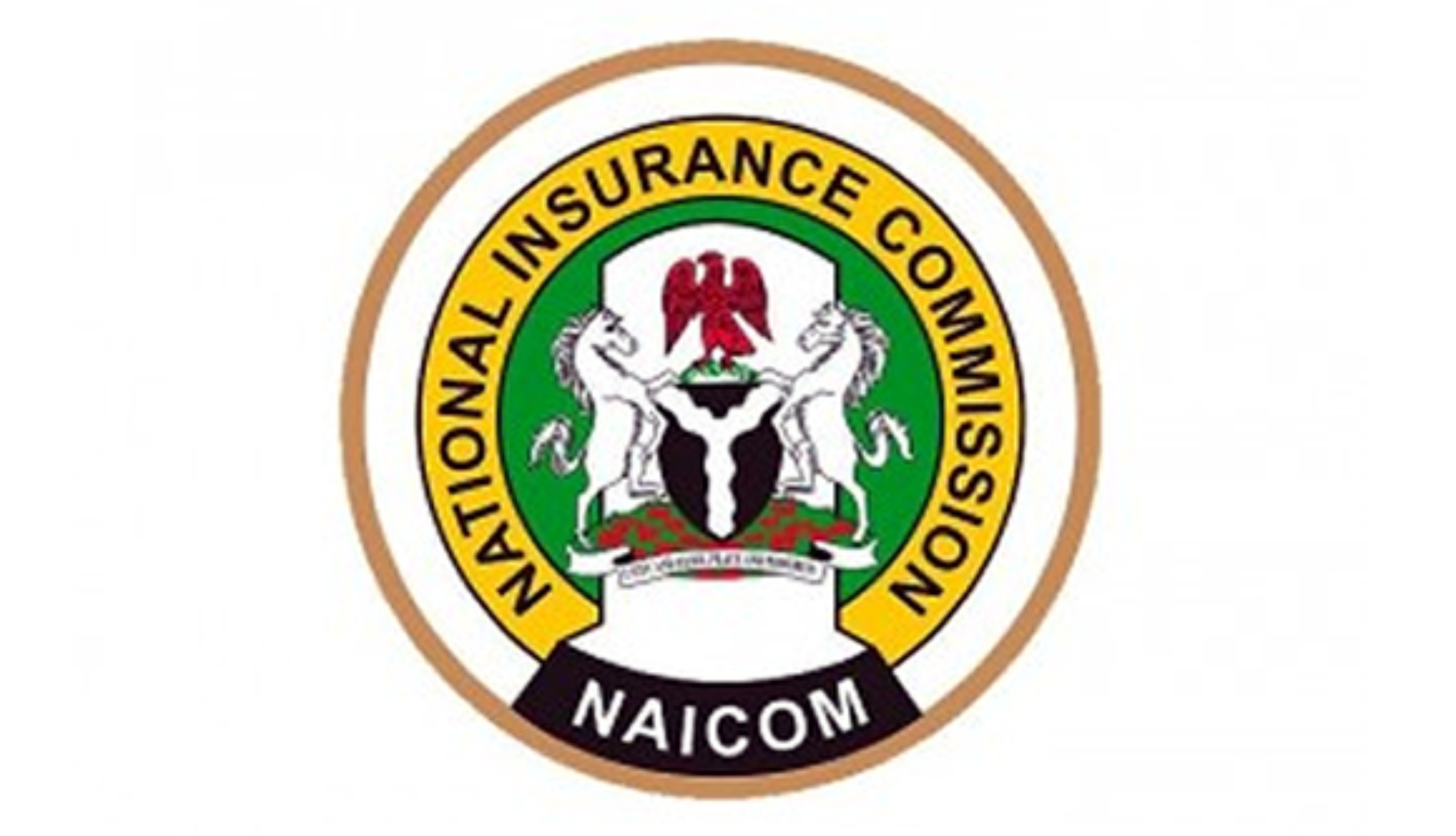Business
Postpone Deadline For Insurance Recapitalisation, Reps Order NAICOM

The House of Representatives has asked the National Insurance Commission (NAICOM) to suspend the December 31, 2020 deadline set for operators in the insurance industry to recapitalise.
This, the House said, is due to the impact of the COVID-19 pandemic, the current economic recession and the aftermath of the recent #EndSARS protests which led to looting, vandalism and destruction of property, leading to claims from insurance service providers.
The deadline is for the first phase of 50 per cent to 60 per cent of the minimum paid-up share capital for insurance and reinsurance companies.
However, the House said the deadline should be extended by a minimum of six months “from January, 2021 as to cushion the efforts of COVID and other unforeseen circumstances on the insurance industry.”
At the plenary yesterday, the House unanimously adopted a motion of urgent public importance moved by Hon. Benjamin Kalu and 32 others, titled, ‘Need to Suspend the Proposed Recapitalisation of Insurance Companies, Insurance Intermediaries and Other Players in the Insurance Sector in View of the COVID-19 Pandemic and the Economic Recession.’
Moving the motion, Kalu recalled that NAICOM increased the minimum paid-up share capital requirement for insurance and reinsurance companies vide a circular with Reference Number NAICOM/DPR/CIR/25/2019, dated May 20, 2019, with the original deadlines as May 29, 2019, for new companies and June 30, 2020 for existing companies. The deadline was eventually shifted to December 31.
The lawmaker noted that the changes to the minimum paid-up share capital were life insurance, N2billion to N8billion; general, N3billion to N10billion; composite, N5billion to N18billion; and reinsurance, N10billion to N20billion.
Kalu said, “The House is again aware that as a result of the COVID–19 pandemic, NAICOM vide Circular NAICOM/DPR/CIR/25-04/2020, dated June 3, 2020, extended total compliance deadline for total minimum capital requirement to 30 September, 2021, while introducing a two-phased recapitalisation programmes, wherein, 50 per cent of the minimum paid-up share capital for insurance companies must be met by 31 December, 2020 and 60 per cent for reinsurance companies must be met on the same date.
“The House is cognisant of the negative impact of the COVID–19 pandemic on the Nigerian economy and the recent economic recession which have significantly slowed down economic activities and the liquidity position of both the government and businesses.”
The lawmaker expressed concern that if NAICOM was allowed to proceed with its programme as planned, it could negatively affect the economy and slow down the recovery process.
“The House acknowledges that in times as this, the best move by government and regulators is to push more liquidity into the economy in a bid to stimulate economic activities, encourage spending and prevent job losses as well as support the indigenous businesses in the country.
“In most countries impacted by the COVID-19 pandemic, similar regulatory, fiscal and monetary approach were deployed to cushion the negative impact, hence it is wrong timing for NAICOM to proceed with its planned phased recapitalisation programmes because of the overall impact it may have on the already fragile economy and the insurance sector,” the House said.
Business
Fidelity Bank To Empower Women With Sustainable Entrepreneurship Skills, HAP2.0
Business
President Tinubu Approves Extension Ban On Raw Shea Nut Export
Business
Crisis Response: EU-project Delivers New Vet. Clinic To Katsina Govt.
-

 News3 days ago
News3 days agoAmend Constitution To Accommodate State Police, Tinubu Tells Senators
-

 Politics3 days ago
Politics3 days agoSenate Urges Tinubu To Sack CAC Boss
-

 News3 days ago
News3 days agoDisu Takes Over As New IGP …Declares Total War On Corruption, Impunity
-
Business3 days ago
President Tinubu Extends Raw Shea Nuts Export Ban To 2027
-
Business3 days ago
Crisis Response: EU-project Delivers New Vet. Clinic To Katsina Govt.
-
Sports3 days ago
NDG: Rivers Coach Appeal To NDDC In Talent Discovery
-
Business3 days ago
President Tinubu Approves Extension Ban On Raw Shea Nut Export
-
Rivers3 days ago
Etche Clan Urges Govt On Chieftaincy Recognition

